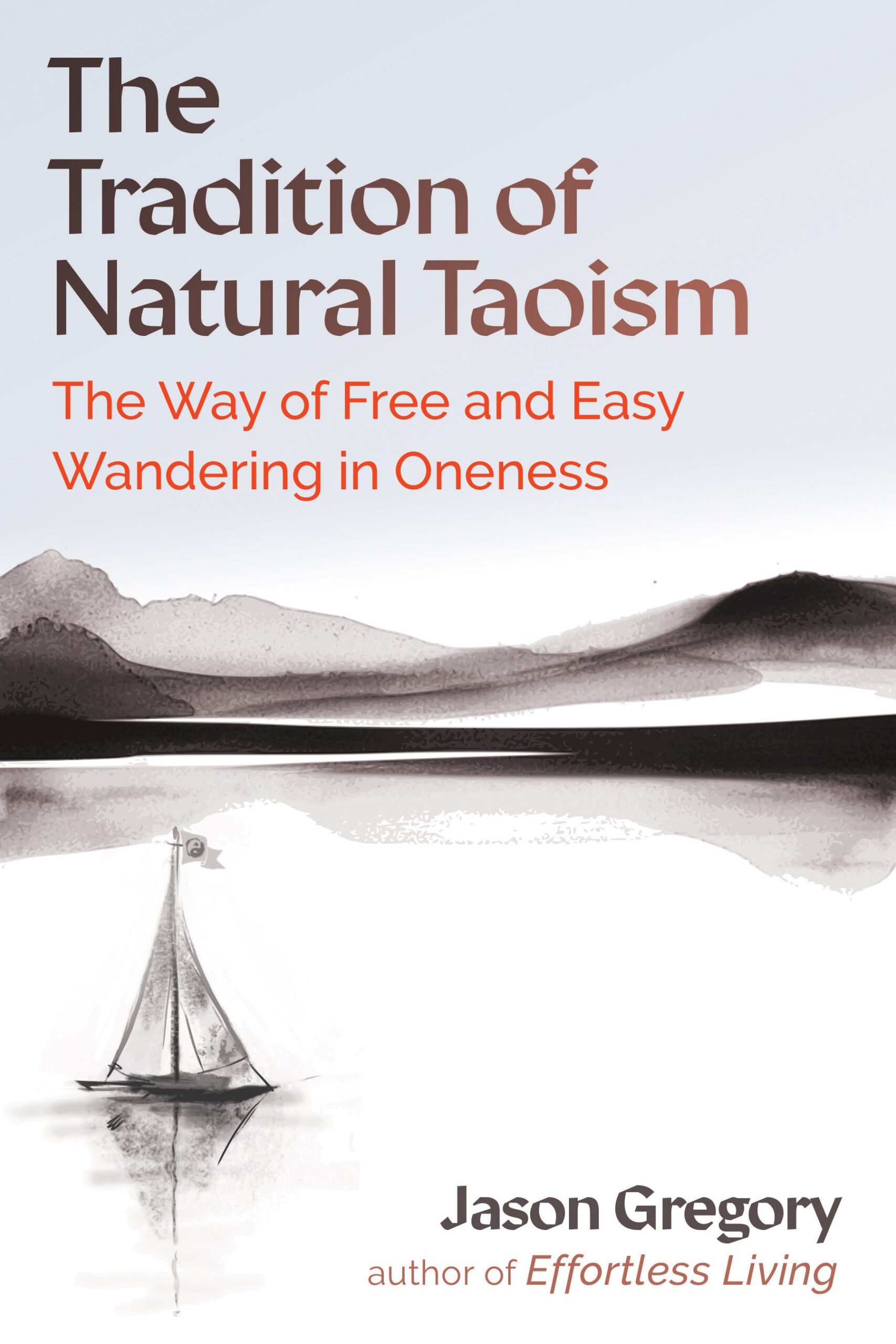Siddhis: Magical Powers
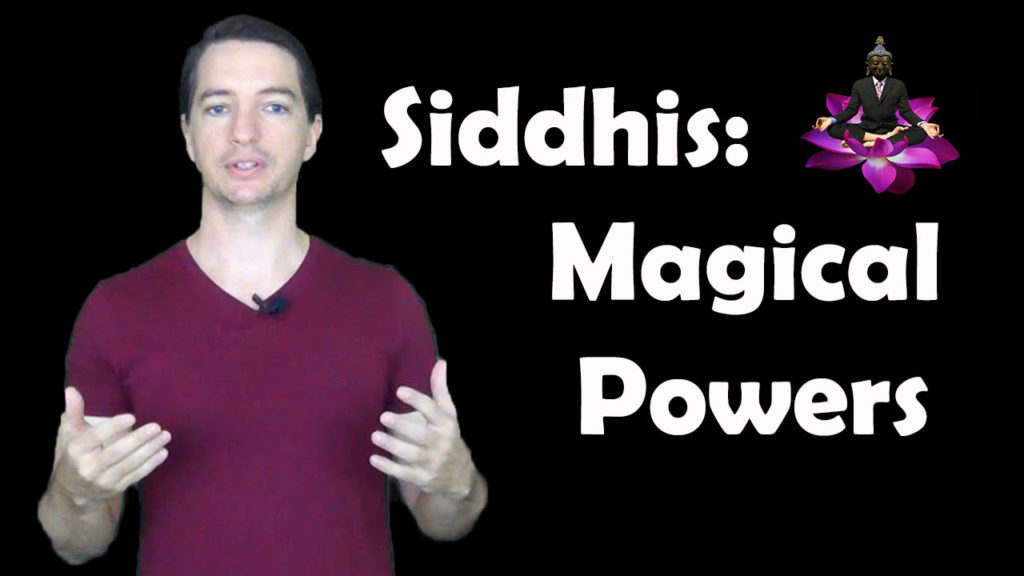
In this episode of Enlightenment Today we will explore siddhis, the attainment of magical powers through rigorous spiritual practice. Siddhis are mentioned in a host of texts in the East, some with a positive attitude to these attainments and others with a negative stance against them. In this episode I will give siddhis an honest and open hearing based on this unique phenomenon recorded by spiritual adepts which is found in the the traditions of Hinduism, Buddhism, Jainism, and Taoism. In the end it is a matter of whether you are skeptical or a believer of this ancient spiritual phenomenon. Recommended Reading The Yoga-Sutra of Patanjali http://amzn.to/2B5WSKR The Yoga Tradition http://amzn.to/2B7YinW The Upanishads http://amzn.to/2hR008t The Bhagavad Gita (S. Radhakrishnan translation) http://amzn.to/2iC0Pzd The Bhagavad Gita (Eknath Easwaran translation) http://amzn.to/2zU7wpI Brahma Sutras http://amzn.to/2BIkfuk Yoga Bija http://amzn.to/2knEObj Tantra: The Path of Ecstasy http://amzn.to/2BI0QK2 Bhagavata Purana http://amzn.to/2jJsWfp
God is No King
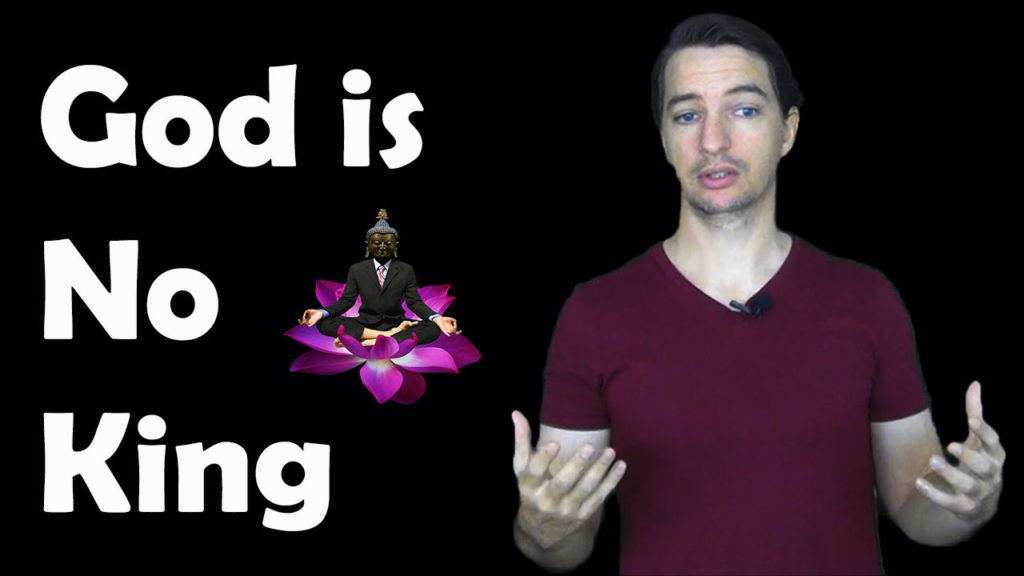
In this episode of Enlightenment Today we will explore the monarchical view of the universe. In the West there is a deep-seated belief that God is a ruler, lord, and king. This view influences our view of life in general and ultimately separates the individual from the essence of the universe. It doesn’t matter whether you are atheist, religious, or spiritual, this view effects us in ways we don’t realize. I explain in this episode how the idea of God as a ruler is built on a political analogy of the universe originating from ancient rulers who tried to lord it over their people, which ultimately influenced the view of Western religions. The Eastern view of divinity is diametrically opposed to the monarchical view. The Eastern view is more related to nature and is a holistic view of the individual as one with the universe. This episode explores both views and ultimately dispels the illusion of the monarchical view of the universe.
Chakras
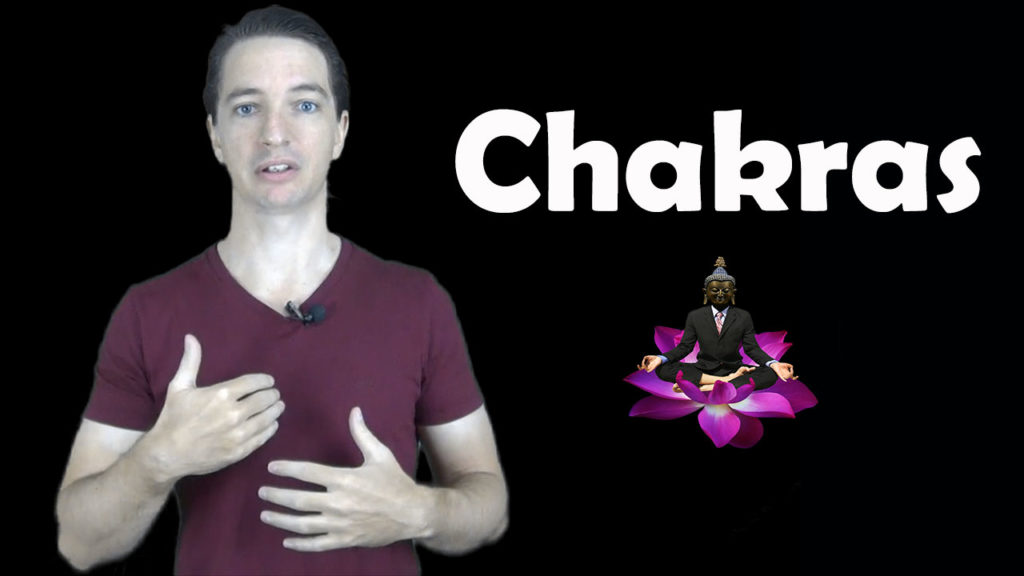
In this episode of Enlightenment Today we will explore the chakras. The chakra system has become a popular topic in New Age circles to which its tenets of kundalini, prana, and the understanding of energy have been misinterpreted. We will clarify that energy has more to do with psychology in relation to the chakra system. The chakra system is made of seven psychological centers and we will examine the characteristics of each chakra. The ultimate goal of the chakra system is to transcend duality, where the subject object split dissolves, leaving only the nondual state of ananda, pure bliss.
The Four Nutriments of Buddhism
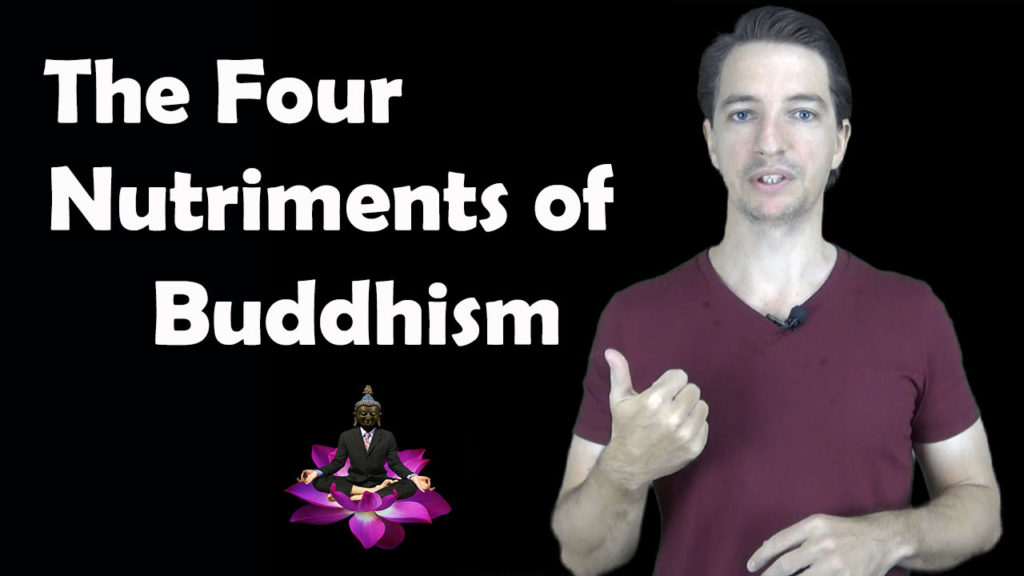
In this episode of Enlightenment Today we will explore the Four Nutriments of Buddhism. This Buddhist philosophy is about four kinds of food people consume daily. These are edible food, sense impressions, volition, and consciousness, both individual and collective. We will discover how these four nutriments can impact us in healthy and unhealthy ways, depending on what we consume and how aware we are of our consumption. In conclusion, we will examine effective strategies, such as fasting the mind and mindful awareness, which will allow us to remain healthy and peaceful because we will be taking in only those nutriments that help us thrive. Recommended Reading Silence http://amzn.to/2hGdKPI
The Seeker’s Mind
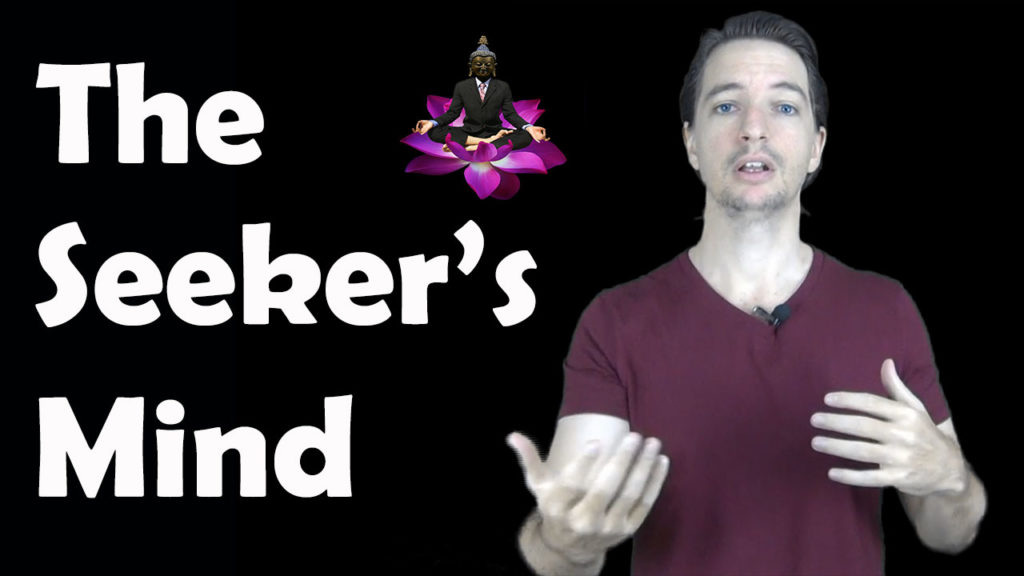
In this episode of Enlightenment Today we will explore the seeker’s mind. We will examine how learning is a constant process whether we like it or not. Learning nourishes our mind in the same way food nourishes our body. To “learn as if you were to live forever,” as Gandhi put it, keeps our feet on the ground and trains us to remain as a student in life rather than getting too far ahead of ourselves. We stay humble as a result. This attitude allows us to cultivate intelligence in a world where intelligence is dying due to overstimulation and entertainment addiction. When you are cultivating intelligence you are growing. Learning is growing and if you are growing then you have a real feeling of being alive.
The Eight Limbs of Yoga
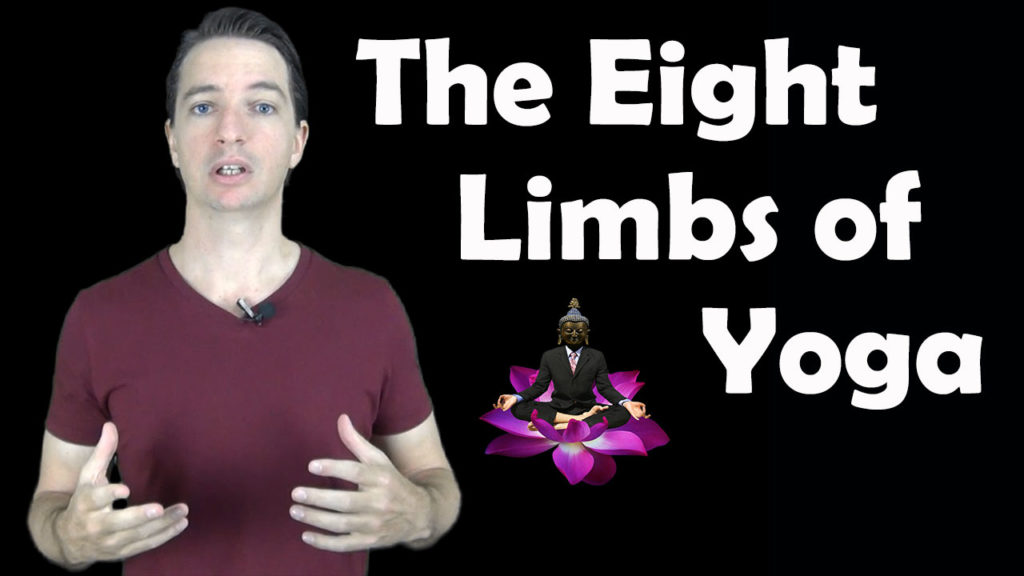
In this episode of Enlightenment Today we will explore the Eight Limbs of Yoga created by the founder of Yoga Patanjali. The Eight Limbs of Yoga comes from the Yoga-Sutras and is Patanjali’s system of practical spirituality. It is a complex system to follow but it is essential to follow if you are to reveal the inner technology that Yoga promises to deliver. Patanjali devised this system as the primary means onto the goal of Yoga which is complete liberation. Recommended Reading The Yoga-Sutra of Patanjali http://amzn.to/2B5WSKR The Yoga Tradition http://amzn.to/2B7YinW The Psychology of Yoga http://amzn.to/2hPSpqU
Just Drop It!
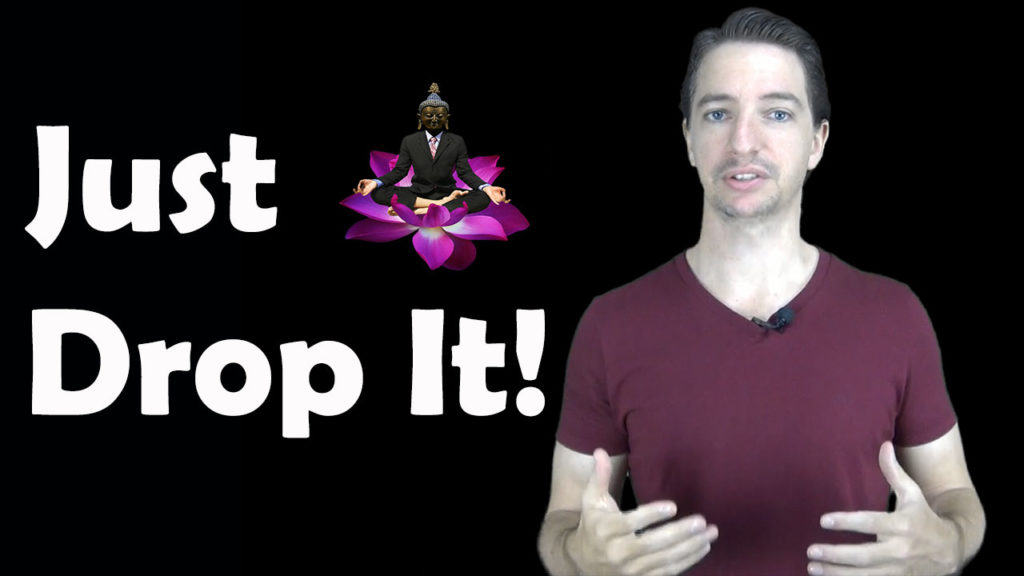
In this episode of Enlightenment Today we explore the ability to just drop it. This is an ability cultivated in some of the great spiritual traditions of the East. The ability to just drop it means that anything emotional you experience that lingers in your mind or a psychological problem that persists can just be let go of without thinking anything of it. To just drop the emotional baggage that we often carry and cling to comes from our over-identification with our temporary persona system. The Eastern practice of just dropping it bears fruit when we identify with our eternal true nature beneath the existence of an ego.
Karma

In this episode of Enlightenment Today we will explore Karma. We will examine the origins of Karma, what it is, and how to transform and transcend Karma. We will dispel the modern myth that Karma is related to a philosophy of cause and effect. You will discover in this episode that Karma has nothing to do with reward and punishment. To understand your own Karma and the practice of Karma yoga is to realize it is truly about purifying your actions to be more humble and selfless in service to something much greater than your personality. Recommended Reading The Bhagavad Gita (S. Radhakrishnan translation) http://amzn.to/2iC0Pzd The Bhagavad Gita (Eknath Easwaran translation) http://amzn.to/2zU7wpI
Mencius
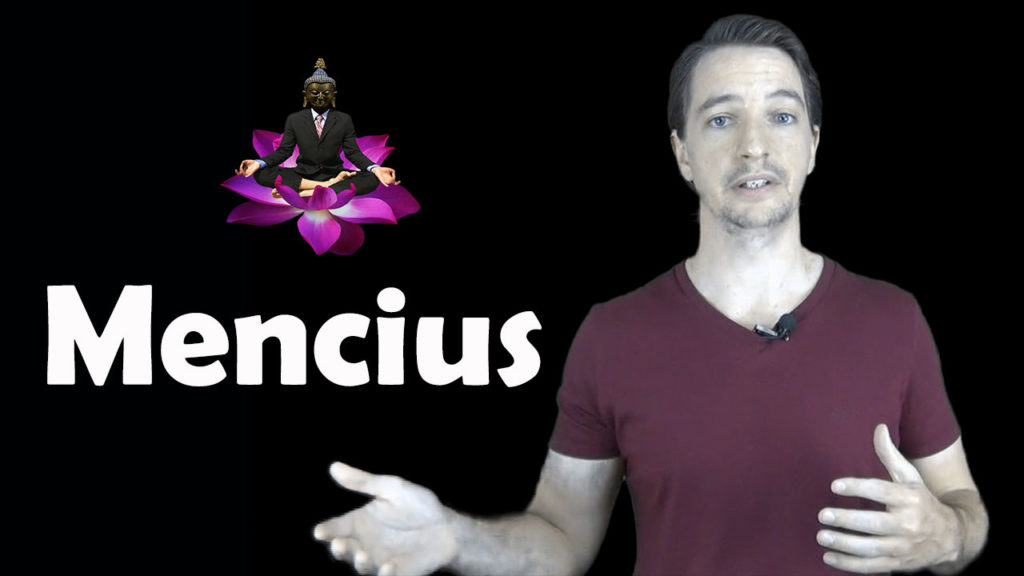
In this episode of Enlightenment Today we will explore the philosophy of the ancient Chinese sage Mencius. He was one of the sages towards the end of the Warring States period in China. His philosophy is built on the notion that human nature is fundamentally good. Mencius uses agriculture as a metaphor to prove this innate goodness. Actually his view on innate goodness is backed up today by evolutionary biology and cognitive science. The wisdom with which Mencius explains how to attain individual equanimity and cultivate moral virtues in the hope of reaching social harmony is still very palatable in the modern world. Recommended Reading Mencius (Bryan W. Van Norden translation) http://amzn.to/2hGkRrj Mencius (D.C. Lau translation) http://amzn.to/2hPQhz8
The Chinese Medical View of Climate Change
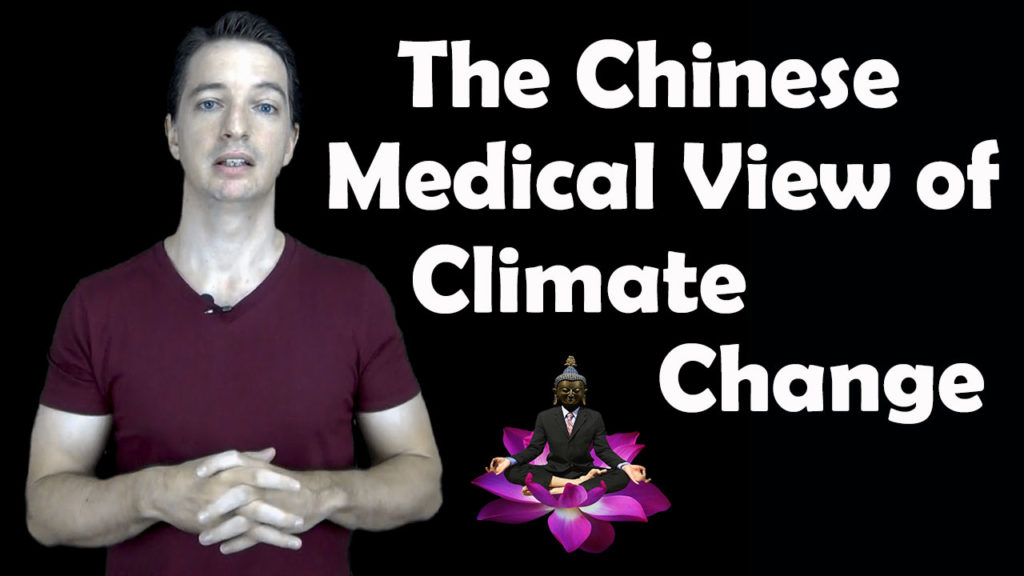
In this episode of Enlightenment Today we will explore the Chinese medical view of climate change. From the Chinese medical perspective, the warming of the planet comes from a culture and world which is yin (feminine/receptive/earth/coolant) deficient, meaning that our world is driven by yang (masculine/active/heaven/heat) which not only destroys our health on an individual level but also contributes to the increasing heat of the planet. The way we live our lives is causing this and it is up to us to cultivate more yin on our lives, which means we have to make a conscious effort of embracing the non-doing aspect of our lives and step away from excessive busyness and over-stimulation caused by bad dietary choices and digital devices which is not only killing us but also our planet. The big picture is a reflection of the small picture. Recommended Reading The Yin and Yang of Climate Crisis http://amzn.to/2z6zCLb Deep Work http://amzn.to/2zXSHjW Fasting the Mind http://amzn.to/2zhsAY1

